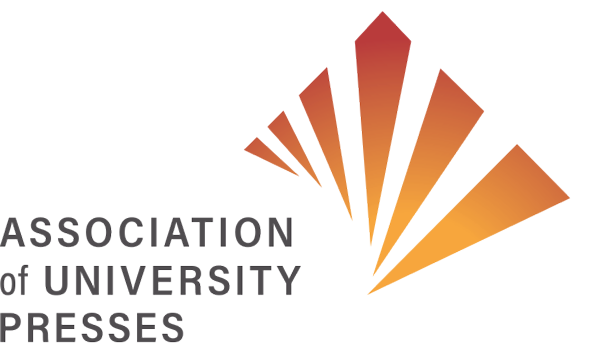This statement was originally proposed and drafted by the 2017-2018 Diversity & Inclusion Task Force. The Equity, Justice, and Inclusion Committee established in 2019 took the statement through a process of peer review and revision. The AUPresses Board of Directors approved the statement in March 2020.
The Statement
The Association of University Presses and its members aspire to hold justice, equity, diversity, and inclusion as values that guide our policies, practices, and publications. Upholding these values requires introspection, honesty, and reform of our current practices, the interests they serve, and the people and perspectives they exclude.
Through the work that we publish, university presses have helped to document the histories of institutions in the United States and elsewhere. This scholarship shows that most colleges and universities were built through the exploitation of people of color and established as white and male-only institutions, on land from which indigenous peoples were and continue to be displaced. The racist and exploitative practices that shaped this history remain embedded, even within institutions that work to study and critique that history. Currently, within universities and presses, systems that perpetuate bias, inequalities, and white supremacy go unquestioned and unchecked; in this way, they are perpetuated.
University presses function at the leading edge of knowledge production around the world. As such, we have a vital responsibility to implement anti-racist and anti-colonialist practices in our curatorial, marketing, and business activities, including the hiring, retention, and promotion of staff.
Diversity Baseline Surveys of the publishing industry released by Lee & Low Books in 2015 and 2019 reveal the U.S. publishing industry to be 79%, then 76% white, showing little change over 5 years in staff diversity across gender identity, race/ethnicity, dis/ability, and sexual orientation. The fact that university presses were only included in the 2020 survey shows that our sector of publishing does not significantly diverge from the commercial sector in terms of demographics. If university presses have a disproportionately large impact on pedagogies, policy, and public discourses, we also have the opportunity to take a leadership role by establishing new institutional systems and intentional practices based in equity and anti-racism.
This means that explicitly justice-oriented and anti-racist approaches are essential to generate equity and to support diversity within our organizations and beyond them. Our task now is to reimagine the audiences and communities we seek to serve, the author and reviewer networks we rely on, the vendor and supplier networks we enlist, and the other structures that have excluded marginalized communities from our industry. We need to reconsider unpaid internships and low-wage entry points to our industry, as well as the recruitment and promotion strategies that have historically resulted in pay gaps and other inequities. Perhaps most important, we need equity training at the organizational level, so that those from underrepresented communities who join our industry are welcomed and empowered to lead our organizations forward in new directions.
Research shows that despite good intentions, workplace biases, exclusions, and microaggressions abound and contribute to persistent ingroup bias across the publishing landscape. Through the executive board’s leadership, AUPresses will make available racial equity training for all member press directors and will urge and facilitate training for other managers through local educational resources. Racial equity training for managers and other industry leaders will help to create spaces for honest and productive conversations about these barriers to organizational health and success and will help teach managers to lead in equitable ways.
Only with systems of accountability in place to protect and lift up those who have been historically harmed and silenced by our collective inaction will we succeed in dismantling the white supremacist structure upon which so many of our presses and parent institutions were built. How to support these efforts sustainably across the industry must be considered a priority for the Association, its members, and its executive board as well as the main focus of the Equity, Justice, and Inclusion Committee.
As leaders in the publishing industry and within higher education, we recognize the need and responsibility to incorporate anti-racist approaches into our work. We acknowledge that the work of inclusion is ongoing and requires significant commitment, time, and resources. The current data reveal that new tactics need to be employed at every level of our organizations, because what we’ve done up to now is not enough.
Meaningful change requires that we respect lived experience as a form of knowledge, along with professional and academic expertise. Welcoming those who have been excluded from our presses and publications stands to enrich both. For this reason and others, we seek to diversify our staff profiles and those of our authors, faculty boards, reviewers, and external suppliers. Doing so will bring us closer to the values that our institutional and publishing missions demand.
—Approved by the Association of University Presses Board of Directors, March 2020
